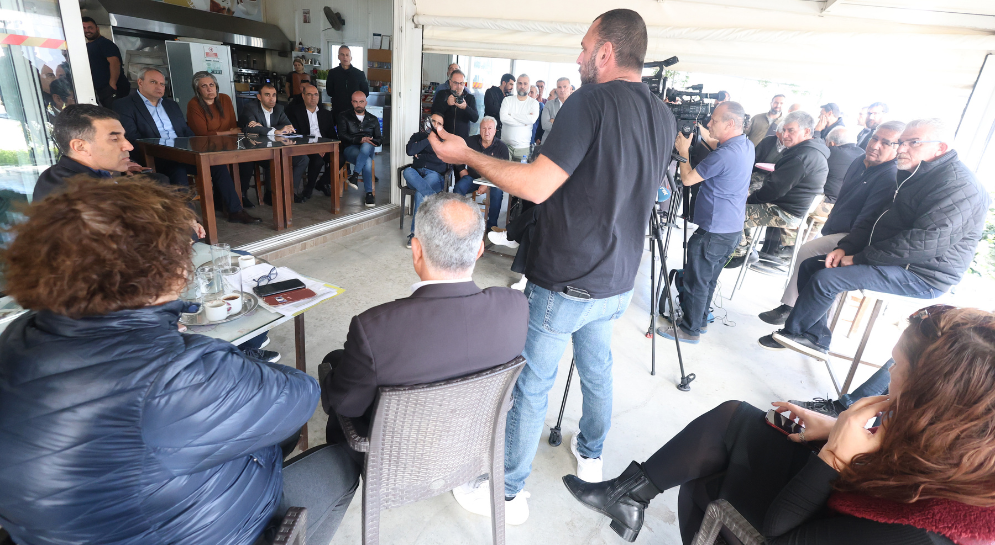
AKEL’s warnings and “red lines” on the Recovery Fund
Statement by Aristos Damianou, AKEL MP after the meeting of the Parliamentary Committee on Financial and Budgetary Affairs
6 September 2021, AKEL C.C. Press Office, Nicosia
We had the opportunity today, in the context of a meeting of the Parliamentary Committee on Financial and Budgetary Affairs, to discuss with the government, primarily with the Finance Minister, regarding the Recovery and Resilience Fund. The government made a presentation of the Fund.
We understand that the Fund is yet another tool that the European Union itself believes can assist the recovery effort, particularly in the context of the ongoing coronavirus conditions that Europe itself and humanity as a whole is facing.
As AKEL, we will judge the Plan primarily by its content, but above all by the policies it will pursue, namely how the Government is going to implement them in the remaining eighteen months of its governance. At the same time, however, we also want to issue a warning because the impression is being cultivated that this Fund, and its policies, are being presented as something like the cure for all diseases – and I am referring to government diseases – we want to believe that the Government does not expect that the solutions can magically come from abroad or through the policies that are being discussed between itself and the EU.
A dialogue must continue. We are ready to continue to submit proposals to assist in the effort to enrich the policies that will eventually be implemented.
We of course have certain “red lines” of our own, which I must set out. Any policy, or structural changes, under discussion must not adversely affect worker’s rights and gains. As far as structural changes are concerned, they should not affect the hard core of the functioning of the State or reintroduce failed policies implemented by this government, such as any partial or full privatisation of profitable semi-governmental organisations.
Beyond these, there are some other issues we want to discuss. For example, what will be the economic benefit as opposed to the cost, taking seriously into account the fact that the cost will ultimately be borne and repaid by Cypriot citizens, as is the case across the EU.
We are ready to continue this discussion in a creative way to the benefit of Cypriot society as a whole.




